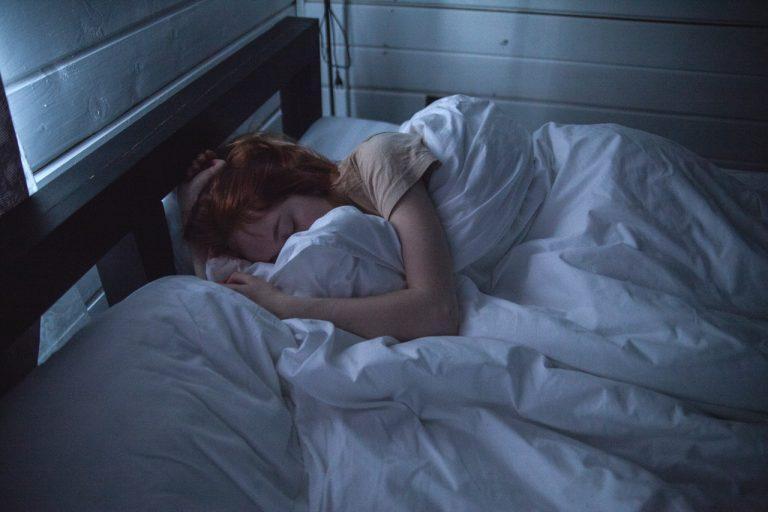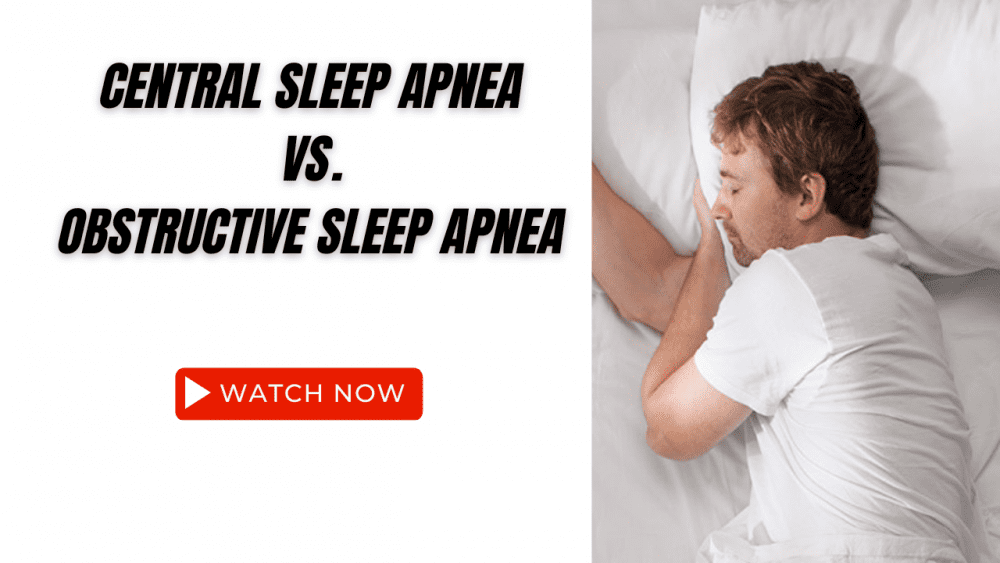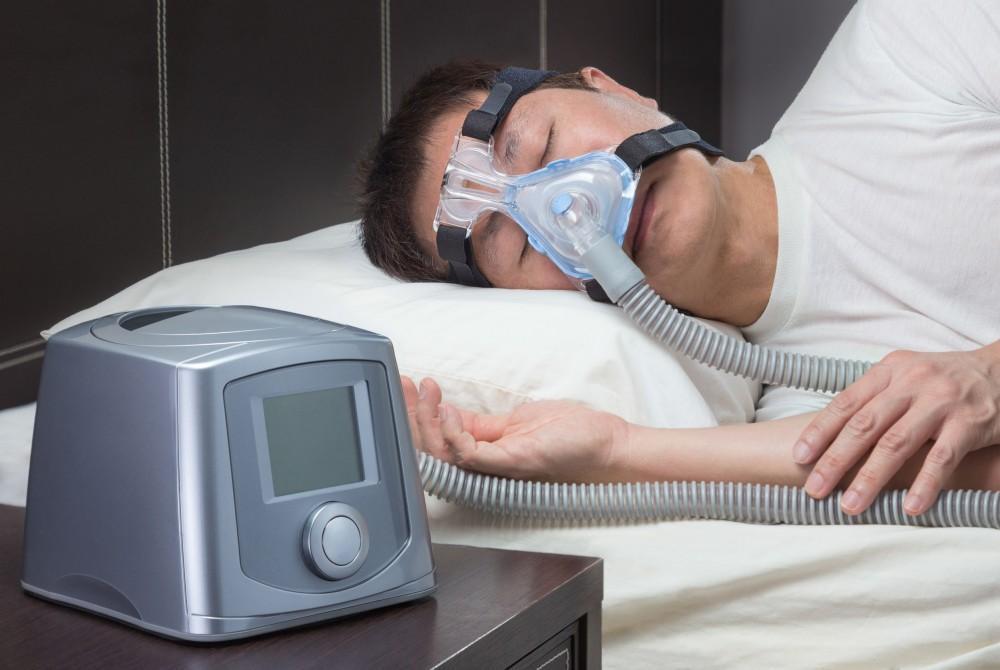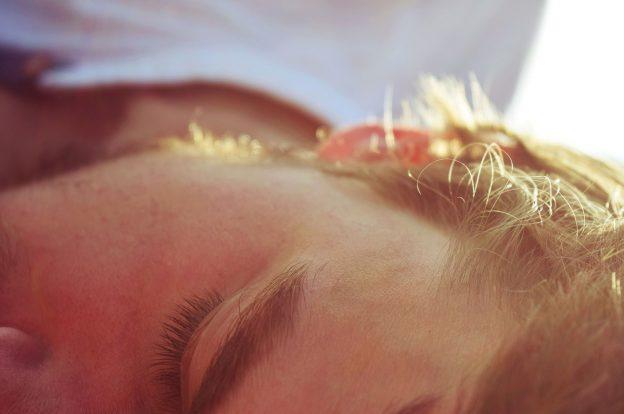
Sleep Disorders, Sleep Doctors and Sleep Studies

The quality of sleep can impact our overall health, quality of life and safety. It is quite common to experience sleep disturbance at one time or another in life. The disturbance may be as a result of factors such as stress, long distance travel, life interruption and illness, or technology in the bedroom. Sleep disturbance becomes an issue when it becomes frequent and starts interfering with our daily routine. In spite of many sleep studies and efforts by sleep clinics and sleep doctors, the disturbances remain a big concern.
According to the Center of Disease Control (CDC), about one third or slightly over 100 million US adults get less than the recommended 7-8 hours of sleep. Sleep deprivation is linked to several health issues, including obesity, chronic disease, low testosterone, atrial fibrillation, ED, depression and heart disease. The other problems caused by inadequate sleep include impairment at work, memory problems and high risk of car accidents. Below are common signs and symptoms of sleep disturbance:
- Shortness of breath
- Insomnia
- Fatigue and exhaustion
- Headaches
- Sleepwalking
- Obesity
- Sleepiness during the day
- Loss of memory, especially among adults
- Attention Deficit Disorders (ADD)
- High Blood Pressure (HBP)
- Anxiety disorder
- Frequent awakenings
- Loud Snoring
- Palpitations
- Frequent visits to the bathroom
- Low libido among men and women
- Sleep disorders diagnosed at sleep clinic
When the signs and symptoms of sleep disturbance become regular, you may be dealing with a sleep disorder. Sleep doctors define sleep disorders as a condition that regularly impacts one’s ability to achieve quality sleep. The whole experience can be unsettling and enervating, which can lead to anxiety, fatigue and loss of energy. As you plan to visit a sleep doctor, here is a list of common sleep disorders you should know:
1. Sleep Apnea (OSA) – this is a potentially fatal, but treatable medical condition that causes temporary cessation of breathing during sleep. A person suffering from sleep apnea will also wake up from sleep frequently. This disruption often causes excessive daytime sleepiness or fatigue, and low work productivity during the day. Because of the underlying risks, make a point of visiting a sleep clinic whenever you suspect sleep apnea.
2. Snoring – documented causes of snoring include: sleeping on the back; congestion from cold and allergies and use of depressants such as alcohol. Snoring with a loud pitch can be a nuisance to your partner or those around you. It is important to know that the disorder can be a symptom of more serious problem, obstructive sleep apnea, which requires an immediate visit to the sleep doctor.
3. Snoring and Sleep Apnea in kids – Snoring is NOT normal for kids, according to the American Academy of Pediatrics. Persistent snoring in children could be a sign of a more serious condition like respiratory infection or sleep apnea. Just like in adults, obstructive sleep apnea can cause a child to stop breathing while sleeping. The condition occurs when an object blocks the upper airways. A child with the condition will experience sleep disruptions and a drop in oxygen levels. Some of the causes of sleep apnea in kids include family history, tonsillar enlargement, obesity, and problems in the oral cavity. Children with both snoring and sleep apnea often become restless and will sleep in abnormal positions. These conditions can be diagnosed by a sleep doctor working at a sleep clinic through in-laboratory sleep studies.
4. Insomnia – this is the inability to get any sleep or quality sleep at night. The condition is mostly caused by stress, poor sleep habits, medications, and underlying health conditions. If insomnia becomes persistent, insomnia could lead to other health problems such as depression and anxiety and other mood and sleep disorders. As part of treatment, a sleep doctor may suggest non-medication treatment involving: relaxation techniques; working out a strategy to revise daytime habits and improving sleep hygiene.
5. UARS (Upper Airway Resistance Syndromes) – UARS is a mild form of sleep apnea. In many cases, snoring is not an issue. UARS is mostly related to hereditary factors. This breathing disorder is more common among women.
6. Sleepiness or Extreme Fatigue – Sleepiness is caused by lack of sufficient sleep. The two types of extreme fatigue that may interfere with sleep pattern are namely; mental fatigue and physical fatigue. A person with mental fatigue may find it very difficult to stay active or alert at work. Physical fatigue, on the other hand, makes it difficult for the affected person to perform normal chores due to lack of strength and endurance.
7. Children’s Sleep Disorders (CSD) – pediatric sleeping disorders are mostly caused by underlying medical problems. The other signs and symptoms of CSD include: snoring, sleepwalking, difficulty sleeping, nightmares, and bedwetting.
8. Narcolepsy – people suffering from narcolepsy often experience uncontrollable sleep patterns during the day. The condition is caused by a discordance in the brain mechanism that controls sleep and wakefulness. People suffering from narcolepsy may suffer sleep attacks while performing everyday tasks like talking, working and even driving. For treatment, a sleep doctor may suggest a combination of treatments to manage the symptoms.
Get help from your local Dallas sleep doctor
If you live in Texas and are experiencing any of the symptoms of sleep disorders; contact Dallas Sleep today. The Dallas Sleep clinic stands out because our team of sleep doctors are very experienced and we know what to do when faced with any sleep condition. At Dallas Sleep center we care about every patient’s welfare.
Snoring and sleep apnea treatments by Dallas Sleep Clinic follows a 5-step process that involves evaluation, testing, choice of treatment, treatment commencement and patient follow-up. To get in touch with our professional staff at Dallas Sleep clinic, call, email or visit any of the four clinics in McKinney, Plano, Keller and Dallas.
You Might Also Enjoy...


Dr. Kakar Products

Central apnea vs. Obstructive sleep apnea

Warning to Patients about Ozone Cleaners

Ways to Help You Keep Hope Alive

